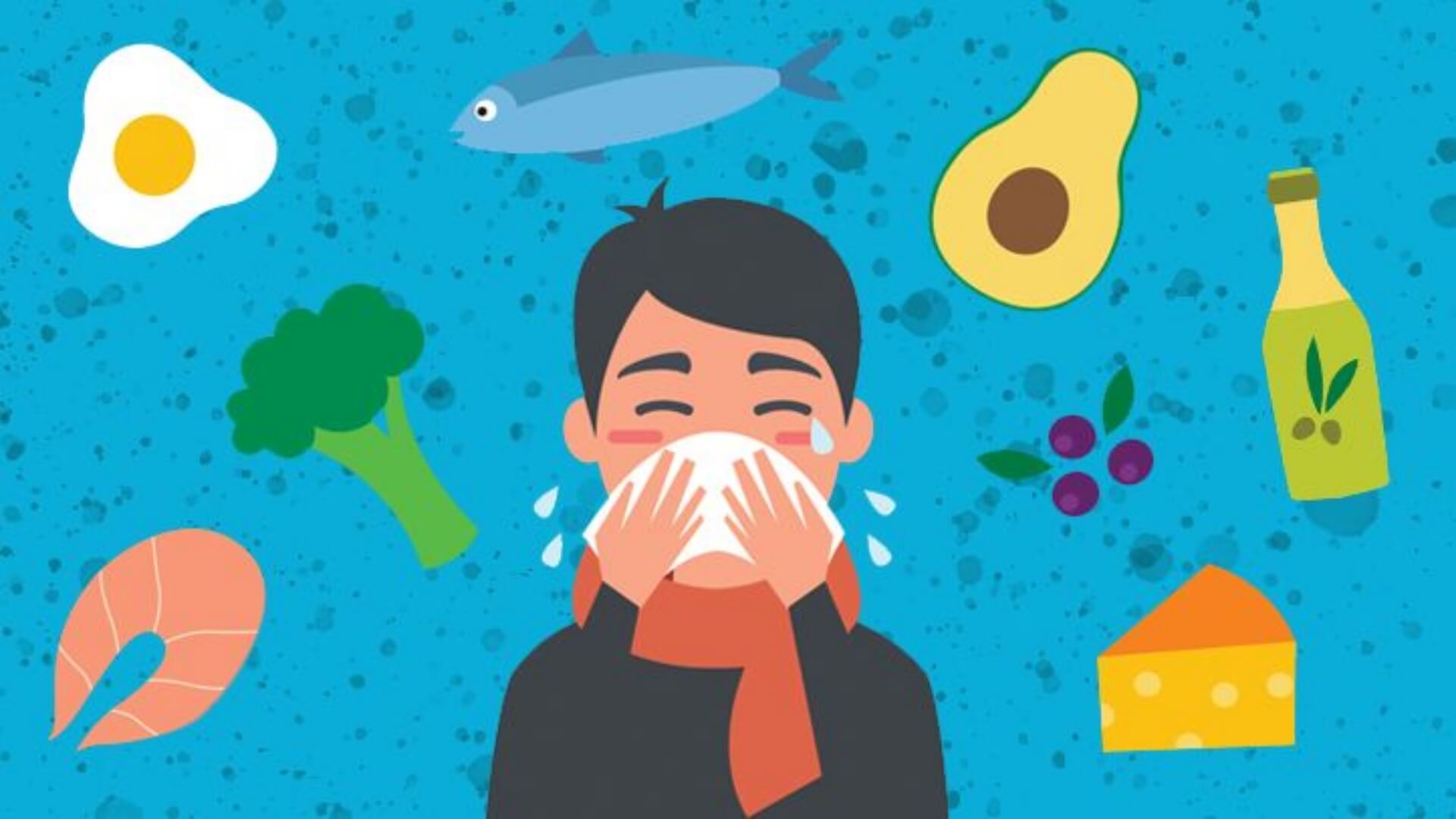The keto flu is a collection of symptoms that are your body’s natural response to carbohydrate restriction. This happens when your metabolism shifts from using carbohydrates to burning fat as your primary fuel source.
Symptoms of the keto flu include brain fog, headache, chills, sore throat, digestive issues, dizziness, and insomnia. Fortunately, these symptoms are temporary and will go away once your body adjusts to the keto diet. Your diet is the most important factor when it comes to avoiding the keto flu. The key is to ensure you’re getting enough fat, protein, and other nutrients in your diet so that your body can get the building blocks it needs to start functioning correctly.
It’s also important to drink plenty of water if you’re transitioning to a keto diet, as this helps keep your hydration levels up. Make sure to include foods that naturally contain electrolytes like potassium and magnesium in your meals.
If you want to know more about keto flu and how to deal with it, continue reading.
What Is Keto Flu?
During the first few weeks of a keto diet, some people experience flu-like symptoms. Often, these symptoms disappear on their own. But they can be frustrating and make you want to give up on a diet altogether.
There are a few reasons for the occurrence of flu-like symptoms in some people when they go low carb. These include a weakened immune system, not eating enough calories, and dehydration.
The keto diet removes many foods that are rich in refined sugar, including fruits, sweet potatoes, bread, rice, and starchy vegetables. This can result in sugar withdrawal which leads to irritability and other symptoms such as nausea, headaches, and fatigue.
Symptoms of Keto Flu
Keto flu, also known as keto induction, is a set of minor, short-term symptoms that people who try the keto diet experience. They may include nausea, fatigue, headaches, and mood swings.
Symptoms can last a few days or weeks, depending on the person, but they usually resolve once you adjust your diet. Here are some common symptoms of keto flu.
- Headache
- Fatigue
- Weakness
- Irritability
- Muscle cramps
- Insomnia
- Diarrhoea
- Constipation
Main Causes of Keto Flu
Keto flu occurs as your body shifts to burning fat for energy. The main causes are hunger headaches from low blood sugar, sugar withdrawal that leads to sluggishness and tiredness, electrolyte deficiency, dehydration, and lack of fibre in the diet. These symptoms usually last for a week and diminish as your body adjusts to the new fuel source. To prevent dehydration, drink water frequently and use oral rehydration sachets. To avoid digestive issues, add fibre to your keto diet.
How to Get Rid of the Keto Flu?
Tips to Manage Keto Flu: Stay hydrated, avoid strenuous exercise, get enough sleep, replace electrolytes, eat enough fat. Symptoms are caused by dehydration, electrolyte imbalance, and the body adjusting to burning fat. Replenish minerals like sodium and potassium and eat high-fat foods to speed up the adjustment process.
How Long Does Keto Flu Last?
The keto flu, or a state of low energy and brain fog, is one of the most common side effects of switching to a ketogenic diet. It typically begins within a day or two of cutting carbs from your diet and may last a few days to a month before disappearing completely.
If the keto flu persists after several weeks, it’s likely a sign your diet isn’t working for you and should be modified. In such cases, it is best to consult a doctor or a dietician.
Conclusion
When you start the keto diet, your body will go through a period of adjustment. This is because the ketogenic diet forces your body to shift its primary fuel source from glucose to ketones. The keto diet also eliminates many foods that contain essential electrolytes like sodium, potassium, and magnesium; because of this reason, many people experience symptoms of keto-flue like, nausea, weakness, headache, fatigue, diarrhoea, etc. In order to deal with these symptoms, you need to drink plenty of water, eat foods rich in healthy fats and protein, maintain electrolyte balance, etc. These tips can help you easily get rid of keto flu. You should also consult a doctor if your symptoms persist for longer.

















